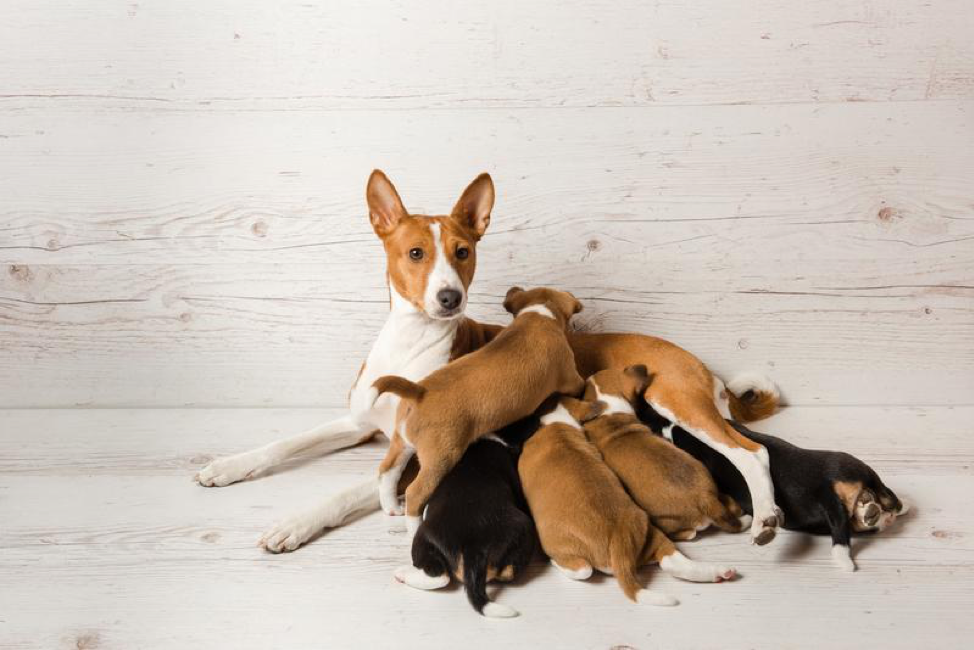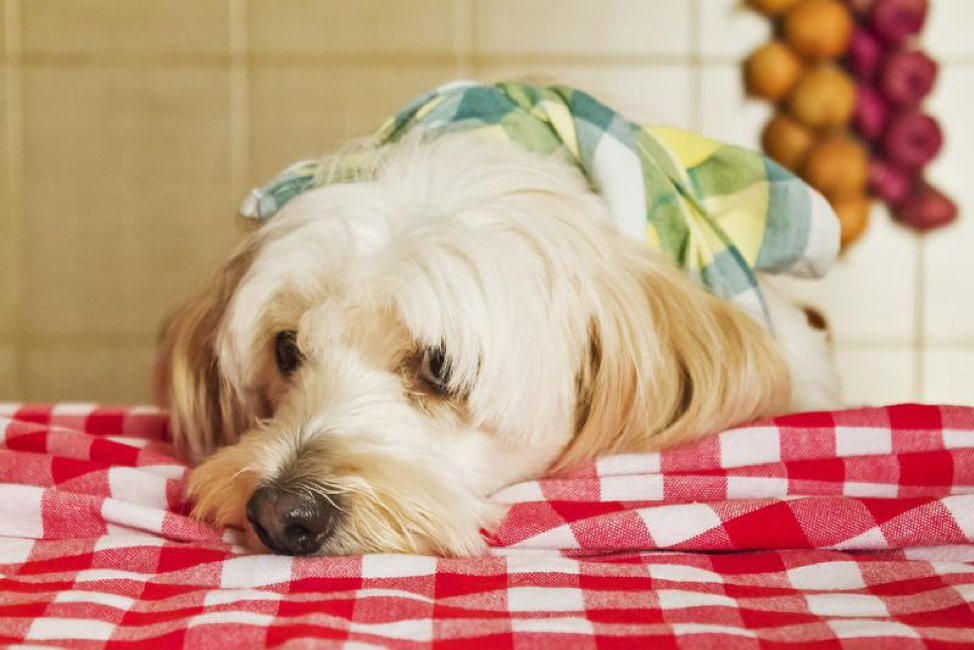Read This Before You Sneak Your Pup That Snack!
It might seem harmless to share food with your pet, but feeding your pup even a small amount of treats from your dinner table is not the way to go. Sharing food will encourage begging behaviors, and possibly cause them to gain unhealthy weight. Table food is generally too fatty for your pets digestive system. Foods high in fat could lead to severe stomach upset and danger to your pet’s overall health. There are many human foods and ingredients like garlic, milk, and chocolate that are toxic and trigger severe reactions in your pet.
Why Avoid Feeding Table Scraps
Oily and fatty foods that humans tend to consume frequently can cause diarrhea, pancreatitis, and vomiting in your dog. Pets who are fed table scraps tend to become dependent on them. Dogs that eat them will likely refuse their food. If you must include them in your family dinner time, remember these critical considerations. Never feed your dog junk food including pizza, candy, potato chips, and French fries. Only offer them healthier options like plain rice, small amounts of fully cooked chicken, baked potatoes, or finely chopped vegetables. Calories matter with dogs the same as with people. Moderation is essential, and if you’re feeding them table food, you’ll need to feed them less of their regular dog food. Avoid foods that are poisonous to animals including onions, raisins, cooked bones, grapes, walnuts, and fruit pits.
What Is Animal Biome?
Good and bad bacteria are within all of our bodies including our pets. The majority of the bacteria is harmless and even helpful. Scientists are discovering that bacteria play critical roles in many aspects of our health. All animals have a unique collection of microbes which are fungi, viruses, and bacteria in their digestive tracts. The microbiome inside your pet can get upset by the food they eat. Bacteria in the microbiome is crucial for your dog to obtain nutrients from the food they eat. When this bacteria becomes out of balance, your pet could experience inflammatory bowel disease. Unhealthy gut bacteria will have an impact on your dog’s allergies, depression, diabetes, and anxiety.
Digestion is a process that begins in the mouth and ends in the intestine. Bacteria found in the gut microbiome are in the large intestine to help your dog break down and digest food. This bacteria also produce vitamin B, K, and other vital nutrients. Your dog’s immune system is significant in preventing them from infection. Pets that are raised in sterile environments with an underactive immune system and no gut bacteria will have poorly developed organs vital to their immune system. They also have fewer white blood cells making them more susceptible to disease. However, when their immune system is over-reactive, it could trigger inflammation at inappropriate times. Same as humans, the long-term inflammation when left unchecked, will lead to chronic disorders including asthma, cancer, and inflammatory bowel disease.
Gut bacteria can also affect your dog’s mental health. Microbiomes affect over half of the serotonin in animals bodies. The Lactobacillus rhamnosus bacteria found in yogurt has an anti-anxiety effect. Most bacteria found in your dog’s microbiome came from its mother after birth. Other bacteria came from other animals and environments they were exposed to as a puppy. Your dog’s different bacteria microbiome and how you take care of them will have a powerful impact on their overall health.
Surprising Foods That Are Dangerous to Your Pet

There is a long list of foods that could kill your pet. Some seem common sense while others may surprise you. The following are human foods that are not only horrible for your dog’s weight, but they’re downright dangerous such as:
Xylitol
Sweetened foods such as candy, baked goods, gum, and even toothpaste can cause your dog’s blood sugar to drop and liver failure. Early symptoms are lethargy, vomiting, and seizures.
Avocados
Avocados contain persin which in large amounts, can be fatal in dogs. Persin is found in the bark, seed, leaves, and the fruit. Also, the pit is small enough for bigger dogs to swallow it and choke accidentally. If you grow an avocado tree at home, keep an obstruction or fence around it to prevent your pet access to harmful avocados. Even consumption in small amounts will lead to excessive diarrhea and vomiting.
Onions And Garlic
Garlic and onions whether it be raw, cooked, powdered, or dehydrated, should always be kept away from your dog. They cause anemia by killing red blood cells. Eating large amounts in one dose could cause fatal poisoning. Vomiting, weakness, and respiratory problems are signs your pet may have had too much garlic or onions.
Grapes
According to veterinarians, grapes and raisins cause acute kidney failure with lack of urine production in dogs. Dogs of any breed, gender, or age can be affected. Grape and raisin poisoning will cause dogs to develop some of these symptoms such as dehydration, loss of appetite, abdominal pain, tremors, and oral ulcers. Even when ingested in small amounts, grapes or raisins are toxic due to the flesh of the fruit.
Milk
Stick to strictly cold water when it comes to giving your dog liquids. Milk and other dairy products cause many pets to have digestive problems and diarrhea. Some may only experience slight GI problems or gas. Milk can also trigger food allergies causing skin irritation and itching.
Chocolate
Chocolate isn’t much of a surprise as many pet owners know that chocolate is a forbidden dog food. Milk chocolate, dark chocolate, and white chocolate contain theobromine that causes dogs to have heart problems, diarrhea, vomiting, seizures, and death.
Dog lovers consider their pet as a part of the family. It’s hard for most to leave them out during dinner time. There are ways to include your pet without compromising their health. Cooking homemade meals for them is an excellent way to incorporate healthy human foods into their diet. Certain table scraps that won’t cause them harm are cheese, peanut butter, chicken, rice, green beans, cooked eggs, carrots, bananas, and seedless watermelon. This list of foods is doubly important if you’re leaving your dog alone for any amount of time at home while these foods are presents. To prevent any accidental consumption of this food, be sure to either hire a knowledgeable pet sitter or store the food in areas where you dog absolutely cannot reach.


